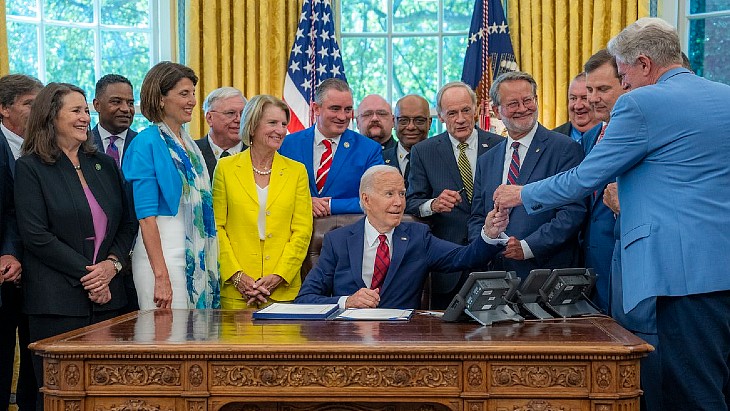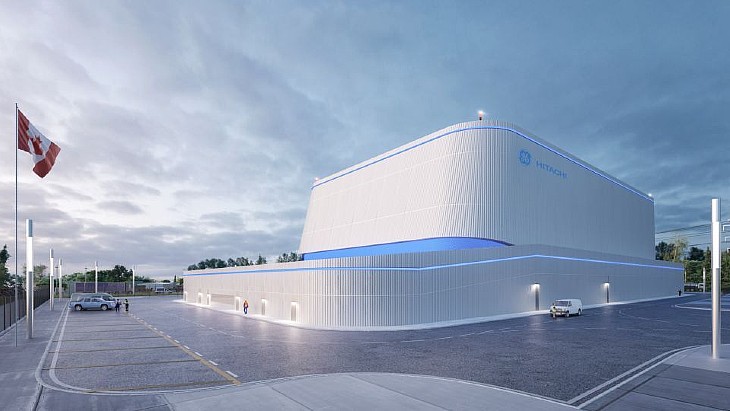Oklo sets out plans for licensing of fuel recycling plant
.jpg)
"Conducting these activities provides early identification and reconciliation of regulatory requirements, enabling efficient and effective NRC licence application review through a process which is equivalent to a staged licensing approach with the benefits of flexibility and customisation," the company said.
Oklo and its partners have been selected by the US Department of Energy for four cost-share projects to commercialise advanced recycling technologies to produce fuel from used fuel. The first-of-a-kind fuel recycling facility will produce fuel to support the deployment of Oklo's advanced fission power plants.
"The ability to economically recycle fuel is an important attribute for developing domestic fuel supplies, and offering recycling services also presents a sizeable opportunity," said Oklo co-founder and CEO Jacob DeWitte. "We are taking a major step forward in bringing meaningful fuel recycling capabilities domestically that will produce cost-competitive fuel."
In September last year, Oklo submitted a Licensing Project Plan to the NRC outlining its proposed engagement to support future licensing activities for its advanced reactor design technology.
Oklo submitted an application to NRC in March 2020 to build and operate an Aurora compact fast reactor at the Idaho National Laboratory site. This was the first combined licence application ever accepted by the US regulator for an advanced plant, and contained more than 200 novel licensing items developed by the company. However, in January 2022, the regulator decided it did not have sufficient information to continue with the process, but stressed that its denial of the application was not a determination on the safety, security, or merits of the application and did not preclude Oklo from resubmitting a licence application in the future.
Oklo's Aurora design is a fast neutron reactor that uses heat pipes to transport heat from the reactor core to a supercritical carbon dioxide power conversion system to generate electricity. The Aurora 'powerhouse' uses metallic high-assay low-enriched uranium, or HALEU, fuel to produce about 1.5 MWe and can also produce usable heat.












